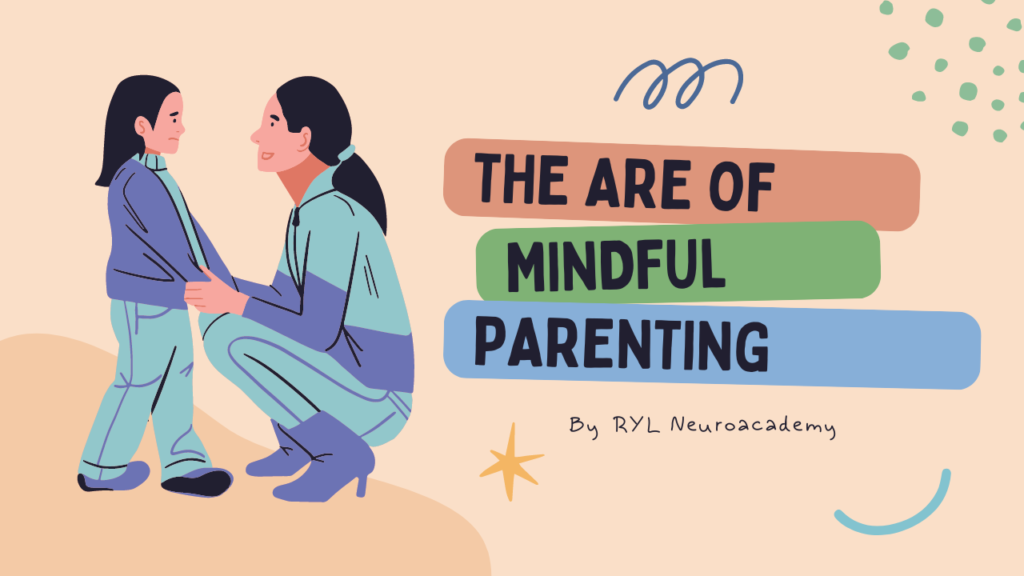Introduction
What Is Depression and How Does It Affect You?
Depression is more than just feeling sad—it’s a serious mental health condition that can impact how you think, feel, and function in daily life.
From losing interest in things you once loved to feeling constantly tired or hopeless, depression can affect relationships, work performance, and even physical health.
In recent years, there’s been a growing interest in natural and holistic approaches to mental well-being. Many people are now exploring drug-free ways to overcome depression—focusing on lifestyle changes, nutrition, mindfulness, and emotional healing as powerful tools for recovery.
If you’re struggling, know this: you’re not alone. There are safe, effective, and natural ways to support your mental health and take back control of your life—without relying on medication.
2. Regular Exercise: A Natural Mood Booster
Exercise is one of the most effective natural ways to fight depression. Physical activity releases endorphins and serotonin, the “feel-good” chemicals that naturally elevate your mood.
Studies show that just 30 minutes of moderate exercise, 3–5 times a week, can significantly reduce symptoms of depression.
Try walking in nature, practicing yoga, or strength training—all of which support both mental and physical health.
3. Sunlight and Vitamin D: Brighten Your Mind
Exposure to sunlight helps your body produce vitamin D, which plays a key role in regulating mood.
Getting early morning sunlight supports your natural circadian rhythm, improves sleep, and lifts your energy levels.
If you’re not getting enough sun, consider a vitamin D supplement—especially in winter months or if you stay indoors often
4. Eat Mood-Boosting Foods for Mental Wellness
Your diet affects your mood more than you think. The gut-brain connection means what you eat directly influences brain health.
Focus on foods rich in omega-3 fatty acids (like flaxseeds and fatty fish), leafy greens, berries, and fermented foods like yogurt or kimchi.
Avoid processed foods, excess sugar, and artificial additives—they can spike and crash your mood quickly.
5. Practice Mindfulness and Meditation Daily
Mindfulness helps you stay grounded and reduces overthinking, a major symptom of depression.
Regular meditation and breathwork calm the nervous system and reduce cortisol (stress hormone) levels.
Try simple practices like a 5-minute guided meditation or a body scan. Apps like Insight Timer, Headspace, or free YouTube videos can help you get started.
6. Improve Your Sleep Hygiene
Poor sleep and depression go hand-in-hand. Restful, consistent sleep is crucial for emotional balance and brain repair.
Create a healthy sleep routine: limit screen time at night, keep your room cool and dark, and go to bed and wake up at the same time daily.
Even small changes can significantly improve your mental clarity and resilience.
7. Build Social Connection and Emotional Support
Isolation can intensify depressive thoughts. Talking to someone—a friend, family member, or support group—can make a huge difference.
You don’t have to face depression alone. Therapy, community support, or even online forums can provide understanding and validation.
Human connection is a powerful antidote to loneliness and despair.
8. Consider Herbal and Natural Supplements
Certain herbs have shown potential in naturally supporting mental health.
St. John’s Wort, ashwagandha, and rhodiola rosea are commonly used for reducing stress and anxiety.
Always consult with a healthcare professional before starting any supplements, especially if you’re taking medications.
9. Reduce Alcohol, Caffeine, and Stimulants
While they may offer temporary relief, alcohol and stimulants can worsen mood swings and deepen depression over time.
Cutting back on coffee, energy drinks, or alcohol can stabilize your mood and energy.
Replace them with herbal teas, fresh juices, or simply hydrating water with lemon or mint for a refreshing boost.
10. Live with Purpose and Practice Gratitude
Finding meaning in small daily actions can help lift depression. Set small, achievable goals and take pride in your progress.
Journaling what you’re grateful for—even just 3 things a day—has been shown to retrain the brain toward positive thinking.
Purpose and gratitude can shift your mindset and create a lasting foundation for emotional well-being.
Conclusion
Overcoming depression naturally is not an overnight process—but with consistency, patience, and the right habits, healing is absolutely possible. Small, daily actions like moving your body, eating nourishing foods, or practicing mindfulness can create powerful shifts in your mental health over time.
Remember, it’s okay to start small. Even one tiny step each day—like a 10-minute walk or writing down a single gratitude—can begin to rewire your brain and lift your mood. Celebrate your progress, no matter how minor it feels. Every positive choice you make brings you closer to emotional balance and lasting well-being.
You have the strength within you—and natural healing is not only real, it’s achievable.

